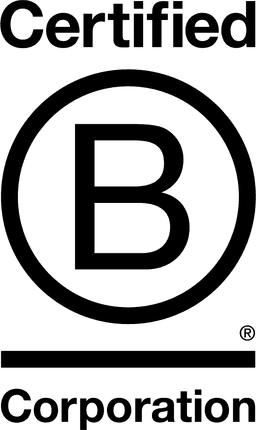

Allshoes Professional Footwear

North Holland, Netherlands The
May 2025
Apparel
Wholesale/Retail
Belgium,
France,
Germany,
Luxembourg,
Netherlands The
Allshoes is a specialist in safety footwear. Style plays a key role in shaping the image and appearance of all our products and brands. We are constantly innovating—not only in terms of style but also in technology. We’ve had the courage to introduce revolutionary safety shoes in a conventional market. As an entrepreneurial, data-driven marketing and sales organization, we serve both the B2C and B2B markets. We are continuously introducing new, leading collections that respond to the latest trends and customer needs. We strive to reduce our ecological footprint by using sustainable materials and applying environmentally friendly production methods. Our commitment to sustainability goes hand in hand with our dedication to quality and innovation. With our products, we not only care for the feet of hardworking professionals, but we also contribute to a better world. We believe everyone deserves comfortable and safe work shoes, and we do everything we can to make that possible.
Overall B Impact Score
Governance 15.9
Governance evaluates a company's overall mission, engagement around its social/environmental impact, ethics, and transparency. This section also evaluates the ability of a company to protect their mission and formally consider stakeholders in decision making through their corporate structure (e.g. benefit corporation) or corporate governing documents.
What is this? A company with an Impact Business Model is intentionally designed to create a specific positive outcome for one of its stakeholders - such as workers, community, environment, or customers.
Workers 31.4
Workers evaluates a company’s contributions to its employees’ financial security, health & safety, wellness, career development, and engagement & satisfaction. In addition, this section recognizes business models designed to benefit workers, such as companies that are at least 40% owned by non-executive employees and those that have workforce development programs to support individuals with barriers to employment.
Community 17.8
Community evaluates a company’s engagement with and impact on the communities in which it operates, hires from, and sources from. Topics include diversity, equity & inclusion, economic impact, civic engagement, charitable giving, and supply chain management. In addition, this section recognizes business models that are designed to address specific community-oriented problems, such as poverty alleviation through fair trade sourcing or distribution via microenterprises, producer cooperative models, locally focused economic development, and formal charitable giving commitments.
Environment 22.4
Environment evaluates a company’s overall environmental management practices as well as its impact on the air, climate, water, land, and biodiversity. This includes the direct impact of a company’s operations and, when applicable its supply chain and distribution channels. This section also recognizes companies with environmentally innovative production processes and those that sell products or services that have a positive environmental impact. Some examples might include products and services that create renewable energy, reduce consumption or waste, conserve land or wildlife, provide less toxic alternatives to the market, or educate people about environmental problems.
Customers 11.3
Customers evaluates a company’s stewardship of its customers through the quality of its products and services, ethical marketing, data privacy and security, and feedback channels. In addition, this section recognizes products or services that are designed to address a particular social problem for or through its customers, such as health or educational products, arts & media products, serving underserved customers/clients, and services that improve the social impact of other businesses or organizations.
What is this? A company with an Impact Business Model is intentionally designed to create a specific positive outcome for one of its stakeholders - such as workers, community, environment, or customers.